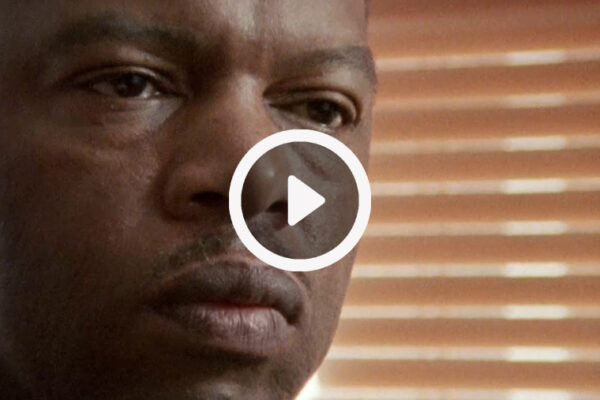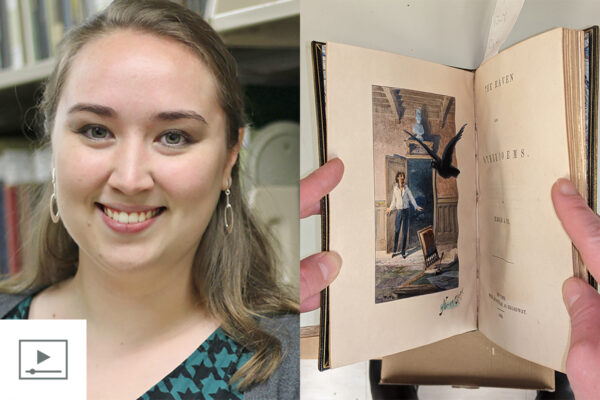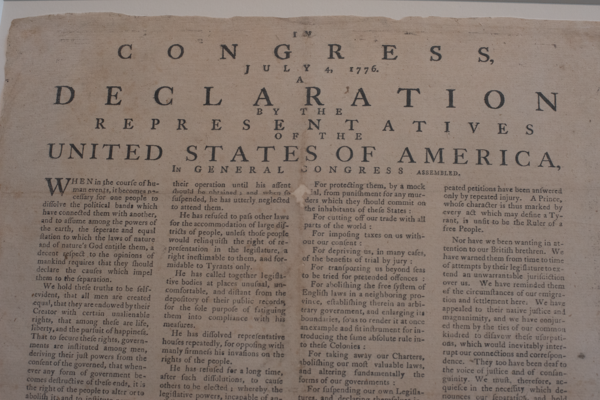Drawing some 250,000 Americans to the National Mall, the March on Washington for Jobs and Freedom will forever be remembered for Martin Luther King Jr.’s soaring “I Have a Dream” speech.
But who brought all those people to Washington? And secured the water fountains and porta-potties? And trained security officers to be nonviolent?
That was all Bayard Rustin, the architect of the March on Washington. Rustin’s role in the Civil Rights Movement had largely been forgotten until this year, when Higher Ground, the production company founded by Barack and Michelle Obama, released the biopic “Rustin.” The movie stars Colman Domingo alongside Chris Rock and Jeffrey Wright.
In a 1979 video interview digitized by Washington University Libraries, Rustin reflects on the march and reveals why politicians were not invited to speak at the march. The video was recorded for “America, They Loved You Madly,” a precursor to the series “Eyes on the Prize.”
“There were about 300 congressmen there, but none of them said a word. We had told them to come, but we wanted to talk with them, they were not to talk to us,” Rustin said.
He also offers his frank assessment of President John Kennedy, Sen. Strom Thurmond and fellow activist Ralph Abernathy.
“The Kennedy administration was sitting on this bill and not putting its weight behind it to get a civil rights bill. … There was only one way to get the Kennedys to do it. And that was to send a quarter of a million people into Washington,” Rustin recalled.
The video is part of the Henry Hampton Collection, which is housed at Washington University in St. Louis. Hampton graduated from Washington University in 1961 and founded Blackside Inc., which produced “Eyes on the Prize,” “America’s War on Poverty” and a number of other documentaries on racial justice, politics and culture.
In 2002, Washington University acquired the vast 35,000-plus piece collection and has since digitized thousands of interviews, audio, scripts, research and photographs for public access. Interviewees include Muhammad Ali, Coretta Scott King, Rosa Parks, Harry Belafonte, U.S. Congressman John R. Lewis and the Rev. Jesse Jackson.
“Decades after they were first filmed, scholars and creators continue to glean insights and inspiration from these interviews,” said Nadia Ghasedi, associate university librarian. “They continue to be sought after for academic endeavors, documentary and narrative films, podcasts and public exhibitions.”


